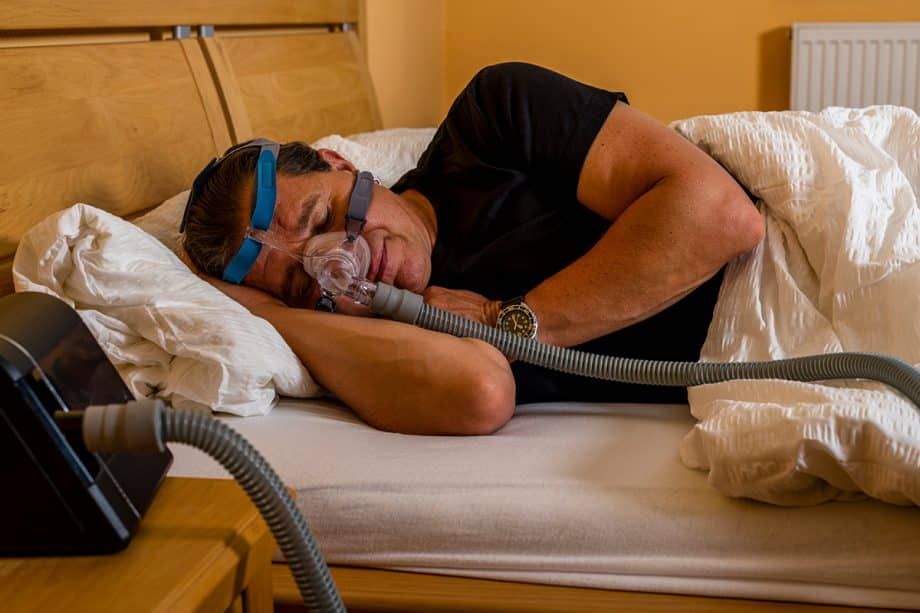Sleep apnea is a serious disorder affecting millions of people worldwide. It occurs when a person's breathing is repeatedly interrupted during sleep and can severely impact overall health. If you think you may be suffering from sleep apnea, it is important to understand the symptoms associated with this condition so you can seek proper treatment. This blog post will discuss the common signs and symptoms of sleep apnea so you can take the necessary steps to improve your health.
Sleep Apnea Causes
Sleep apnea is caused by a blockage of the airway during sleep, possibly due to anatomical problems, medical conditions, or lifestyle factors. Obstructive sleep apnea is most commonly caused by physical narrowing of the upper airway, such as a blocked nose or throat muscles that relax and collapse during sleep. Central sleep apnea is caused by the brain not sending proper signals to the muscles that control breathing. Other causes can include chronic medical conditions such as heart failure, obesity, and diabetes, as well as lifestyle factors such as alcohol use and smoking.
Signs and Symptoms
Characterized by pauses in breathing during sleep, sleep apnea is a serious disorder that can lead to severe health conditions when left untreated. The most common signs and symptoms of sleep apnea include:
- Daytime sleepiness: Feeling excessively tired throughout the day, even after a full night's sleep, could be a sign of sleep apnea.
- Choking or gasping for breath during sleep: People with sleep apnea may experience pauses in breathing as their airway becomes blocked, which can wake them up with a gasp or a choke.
- Snoring: Loud, persistent snoring can be a sign of sleep apnea.
- Restless sleep: People with sleep apnea may wake up several times during the night feeling restless and irritable. People with sleep apnea may wake up several times during the night feeling restless and irritable.
- Morning headaches: Waking up with a headache can be a symptom of sleep apnea, as oxygen levels drop during the night.
- Dry mouth or sore throat: People with sleep apnea may wake up with a dry mouth or sore throat due to mouth breathing while asleep.
Long-Term Side Effects of Sleep Apnea
When left untreated, sleep apnea can have severe consequences on the health and well-being of those affected. Long-term side effects of sleep apnea can range from mild to severe and include physical, mental, and emotional issues. The following are some of the potential long-term side effects of sleep apnea:
- Increased risk of high blood pressure
- Cardiovascular problems
- Type 2 diabetes
- Memory problems
- Mood disorders
- Weight gain
- Worsening asthma symptoms
- Decreased energy
Sleep Apnea Treatment in North Richland Hills, TX
R. Renan Williams, DDS, is a highly experienced and board-certified dentist offering a range of sleep apnea treatments to help you regain a restful night's sleep. From simple lifestyle changes to comprehensive Oral Appliance Therapy, he has the experience and knowledge to help you get back on track with healthy and rejuvenating sleep. To learn more about Dr. Williams' treatments for sleep apnea, contact our office today or request an appointment online.

